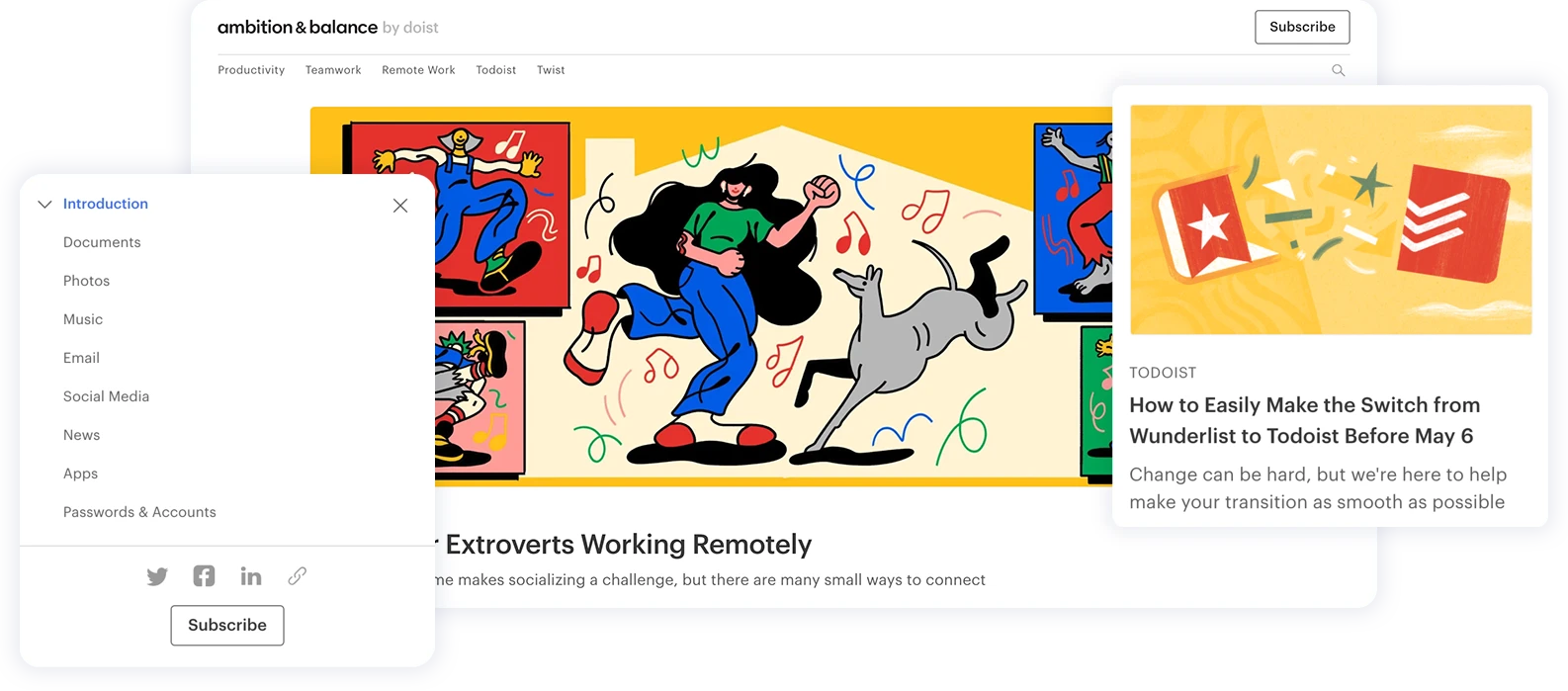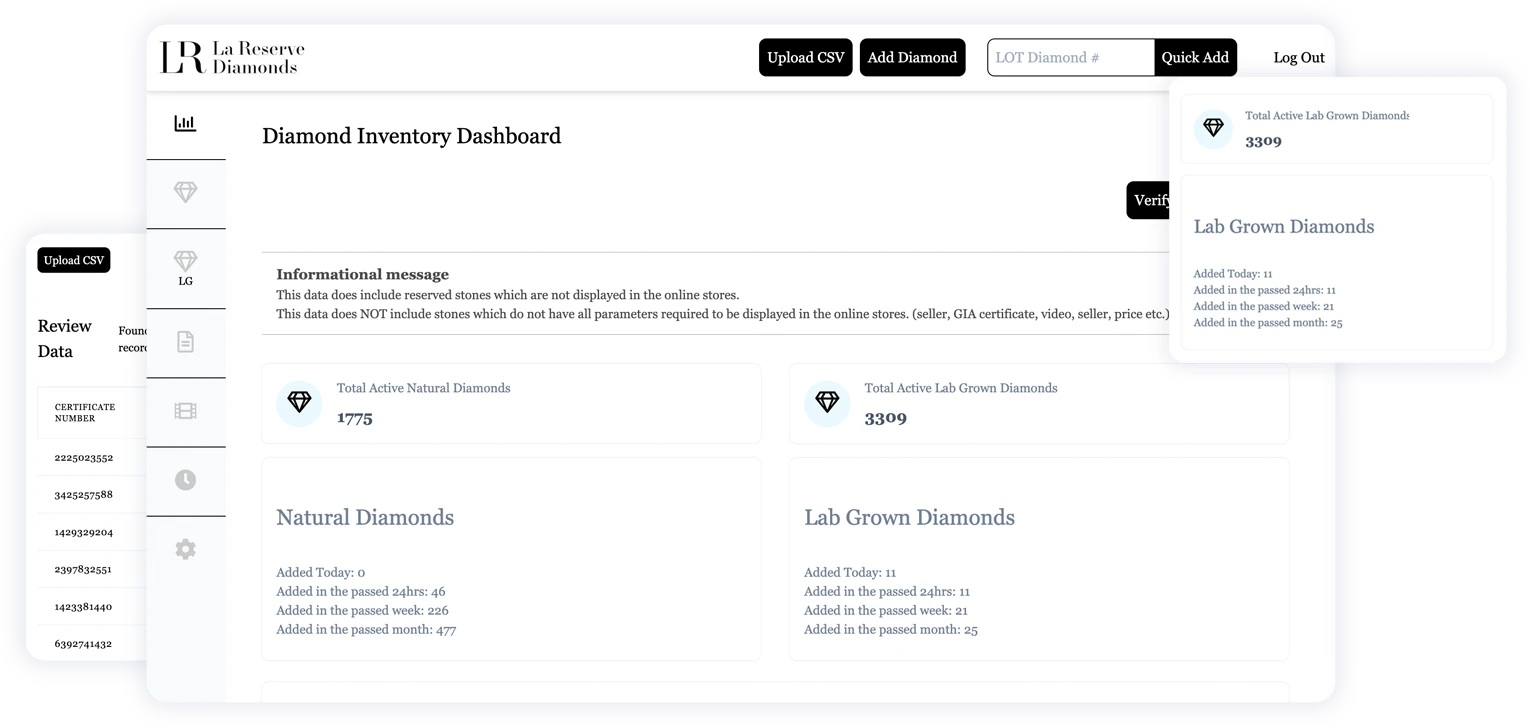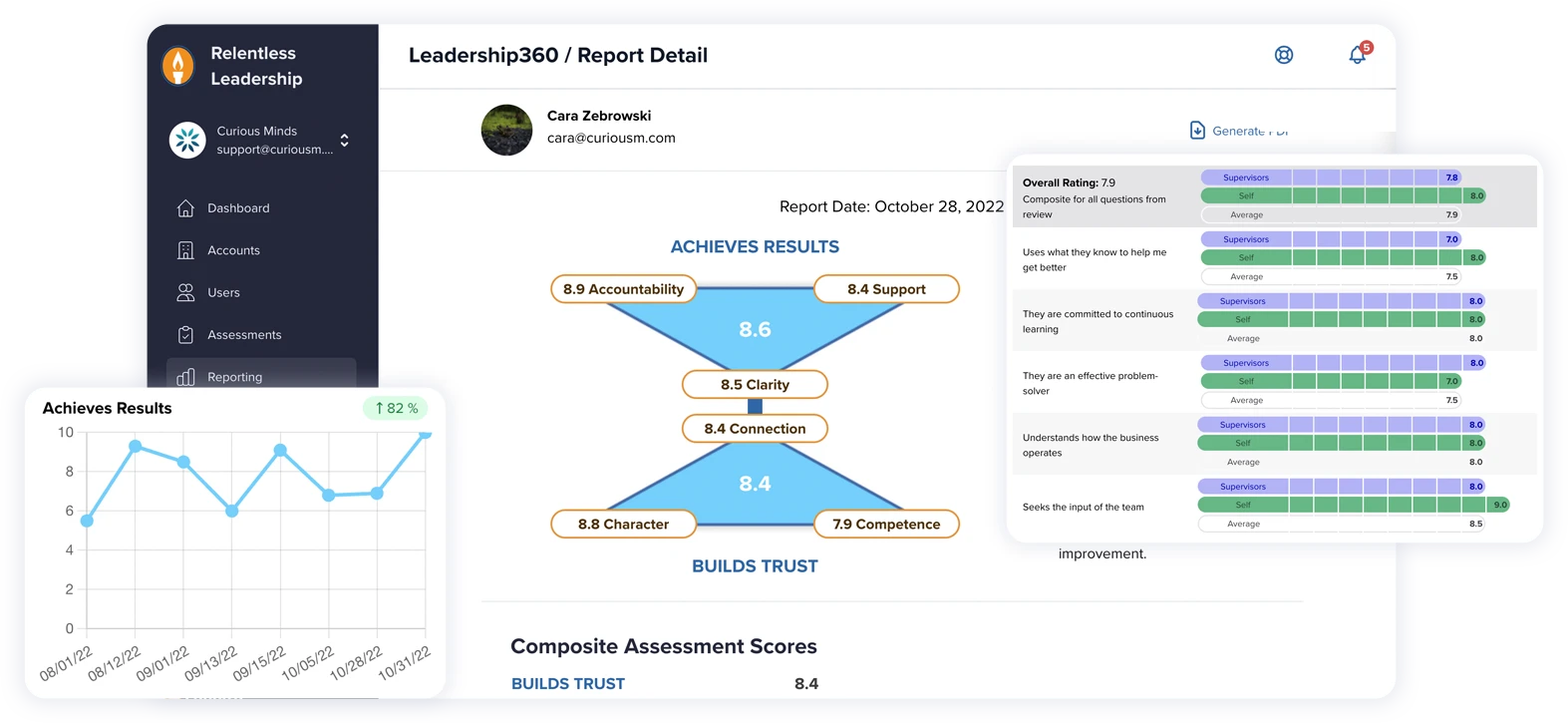In mid-September 2025, a lot of SEO teams logged into Search Console, saw impressions fall hard, and immediately wondered what went wrong. A ranking crash? A stealth algorithm shift? Penalty?
No.
Nothing catastrophic happened.
Google simply stopped counting impressions triggered by the &num=100 parameter, a setting used mostly by rank-tracking tools. When those impressions disappeared from reporting, impression totals dropped. But because those impressions weren’t from real people, rankings and actual visibility stayed the same.
If your clicks, traffic, and conversions are untouched, you’re looking at a reporting cleanup, not an SEO loss.
What Actually Changed: Google Disables &num=100
The &num=100 parameter let tools pull 100 search results per query rather than the normal 10. That’s handy for software, but those automated requests also inflated impression counts inside Search Console.
Google stopped including that batch traffic on September 10.
That’s it.
So yes, impressions fell. No, your rankings probably didn’t. No, users didn’t suddenly stop seeing your site.
This is the data equivalent of clearing out ghost entries. If anything, reporting is now more honest because it reflects people, not tools.
We’ve already seen this across multiple Curious Minds Media clients: big impression dips, tiny or zero movement in clicks and conversions. That tells us the change lives purely in how Google logs impressions, not how pages perform in real search.
Why GSC Impressions Dropped (Not a Ranking Loss)
Search Console impressions aren’t a measure of meaningful reach, especially when automated tools can generate them. Google stripping those out creates a more realistic baseline.
The fastest way to confirm nothing broke is simple: Check clicks.
Clicks reflect actual exposure and interest. If those numbers didn’t slump, your site is still doing its job.
Same with conversions, if your forms, leads, orders, or booked sessions look normal, you’re fine.
We saw one client take a ~45% impression dip overnight while their clicks stayed flat and conversions didn’t budge. If rankings had tanked, those numbers would’ve told a very different story.
So if you experienced the same pattern, take a breath. Nothing meaningful changed.
Verifying Your Site’s Health
You don’t need a complicated forensic review. A few basic checks will tell the story:
1) Look at Search Console clicks If clicks stayed consistent, rankings stayed consistent.
2) Check organic sessions in GA If traffic levels look similar, no visibility problem.
3) Review conversions If they didn’t fall, you’re still attracting the same quality traffic.
4) Spot-check priority terms If you’re still ranking where you expect, the drop was noise.
If all four hold steady, you’re dealing with a reporting adjustment, not a penalty.
Still unsure? Curious Minds Media can help read the signals for you and determine whether impressions dipped for expected reasons or something deeper needs attention. Sometimes outside eyes help cut through the noise quickly.
Analyzing Before/After GSC Data
Because Google changed how impressions are counted, there’s now a clear reporting break point. Data before Sept 10 and data after aren’t apples to apples.
To keep things tidy:
Mark Sept 10 in dashboards
Avoid impression-only comparisons over time
Build new baselines using clicks and conversions
Note seasonality when summarizing trends
Year-over-year comparisons still work, but older impression data will look inflated. If last September shows more impressions even though rankings didn’t move, that’s just how the old counting worked.
Want a simple reporting tip? Add an annotation wherever you pull GSC metrics so nobody misreads the chart six months from now. If you use Looker Studio or DataBox, one note saves a ton of confusion.
Curious Minds can help adjust dashboards so impressions don’t accidentally mislead leadership. We’ve already updated reporting for clients who depend on GSC visibility tracking.
Focus on Metrics That Actually Matter
This update is a surprisingly good reminder: impressions alone aren’t a reliable success indicator. Impressions can swing wildly even if your most important metrics, the ones tied to real outcomes, don’t move at all.
What you should care about most:
Clicks
Engagement
Conversions
Revenue influence
Those reflect real people making real decisions.
If impressions fell but your clicks and conversions are fine, you didn’t lose anything. You just have cleaner signal.
When Curious Minds Media reports on SEO performance, we start with the numbers that show user intent and business value. Impressions may add context, but they’re not the metric we use to steer strategy, and this change reinforces why.
Where Curious Minds Media Can Help
This shift caught a lot of teams off-guard, especially those who rely heavily on impressions to report progress. If you need help:
Explaining the change internally
Re-baselining KPIs
Updating dashboards and Looker Studio reports
Auditing whether your site is truly unaffected
Shifting toward metrics tied to revenue and leads
Curious Minds Media can help you translate this from a scary chart dip into a clear story that keeps your team aligned, and moves focus toward growth metrics that matter.
We can also review your tracking setup, confirm that rank fluctuations aren’t hiding underneath the impression dip, and help re-center reporting on conversions, behavior, and business outcomes.
If you’d like, we can roll this into a broader SEO tune-up or reporting refresh so your metrics reflect reality more accurately going forward.
Final Takeaways
If your impressions dropped after September 10, here’s the simple truth:
Google removed synthetic impressions tied to &num=100
That traffic never came from real searchers
Rankings and visibility likely stayed the same
Clicks and conversions are what actually matter
Your data is now cleaner and more trustworthy
This isn’t a penalty or a sign your content is slipping. It’s just less noise.
If you want help reviewing your data or reframing KPIs, Curious Minds Media is happy to jump in. We spend a lot of time in GSC, GA, and Looker Studio, and can help you decide what matters, what doesn’t, and where to focus next.
Just say the word, we’re here to help.



















